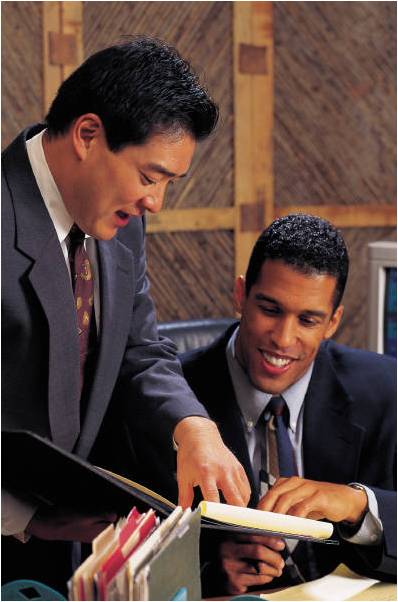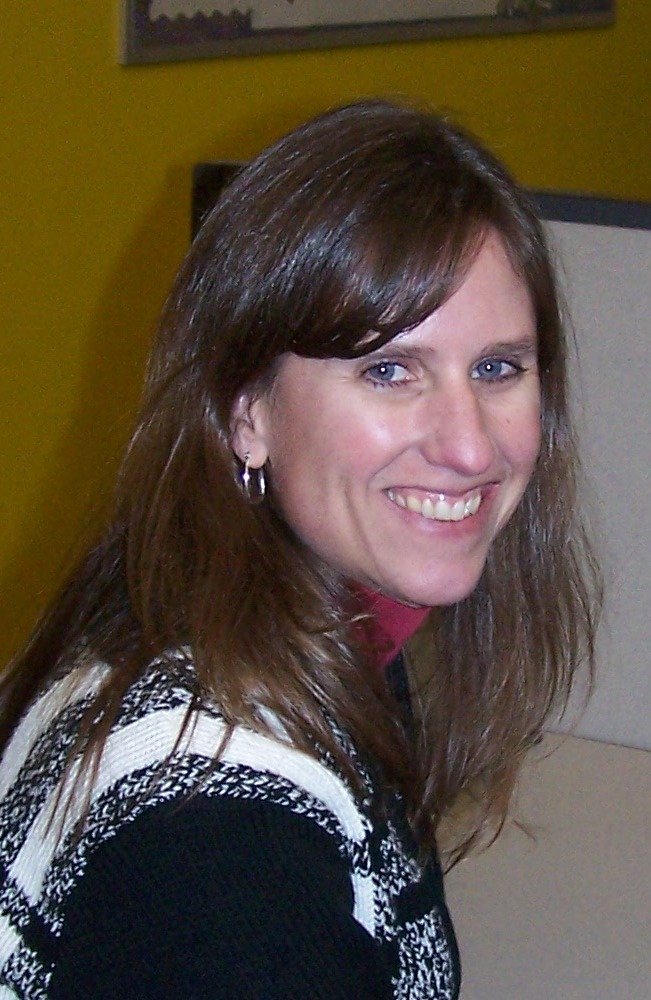Professional Coaching 
One of the increasinging popular resources available to leaders today is assistant from professional coaches. We are pleased that Sondra Calhoun will be making contributions to this blog in the topic area of "coaching."
I believe you will find her thoughts and insight very useful.
Many thanks,
Larry
What is Professional & Executive Coaching?
The relatively new profession known as Professional & Executive Coaching is often misunderstood or completely unknown by many leaders. This resource has been growing and developing for about the last 15 years with leaders at all levels finding it to be a valuable tool for moving their teams, their careers and their own personal growth forward. So, what are the basic principles of Coaching in the business world?
First of all, Coaching is based on the assumption that the client and the coach are each “naturally creative, resourceful, and whole.” A powerful coach never underestimates the power of his/her clients to know exactly what is best for them. A large part of the coach’s job is to ask questions and articulate observations that will help the professional to access that innate wisdom and creativity. Because of this, a well trained coach will often have more questions than answers.
The intent is for the leader to experience the power that they will feel through discovering their own answers and ideas which tend to produce a greater level of commitment and satisfaction. This also produces long term growth for the professional as they learn how to access and apply the wisdom and insight that they gain.
For the partnership to be successful, there has to be an openness and willingness to be truthful with self, and a leap of faith to believe in one’s own answers. A strong coach will be candid, and will often blurt interpretations of their own intuition, trusting the leader to know what feels relevant, and to take or leave what is offered. The coach will ask the leader to commit to actions and or other exercises throughout the relationship. He or she will hold the professional accountable to actions that are agreed upon, in support of their own forward movement.
The coach will also be curious with the leader at those times when he/she does not do what they had planned or committed to in order to make it a learning experience. The leader is expected to be at least as committed to their own success and personal development as the coach.
So, if you find yourself stuck, frustrated or unable to see what the “next step” is, you might want to seek out a Professional coach that has gone through extensive training to help you find movement.
Warm regards,
Sondra Calhoun
 |